There's not a simple way to find columns with specific conditions; you generally need to check each column explicitly. There are ways to do it dynamically or you can just have a massive query with 450 comparisons.
Another way is to UNPIVOT the data:
SELECT Id, Col FROM
(
SELECT Id, Col, Val
FROM
(SELECT Id, A1, A2, ...
FROM pvt) p
UNPIVOT
(Val FOR Id IN
(A1, A2, ...)
)AS unpvt
)
WHERE Val is NULL
If this is a common real-time need (and not just a one-time or batch need) a better long-term solution would be to change your data structure so that each "column" is a row along with the value:
Id Col Val
--- ---- ----
1 A1 NULL
1 A2 1
1 A3 5
1 A4 6
2 A1 4
2 A2 NULL
etc.
(Note that the above is essentially the output of UNPIVOT)

